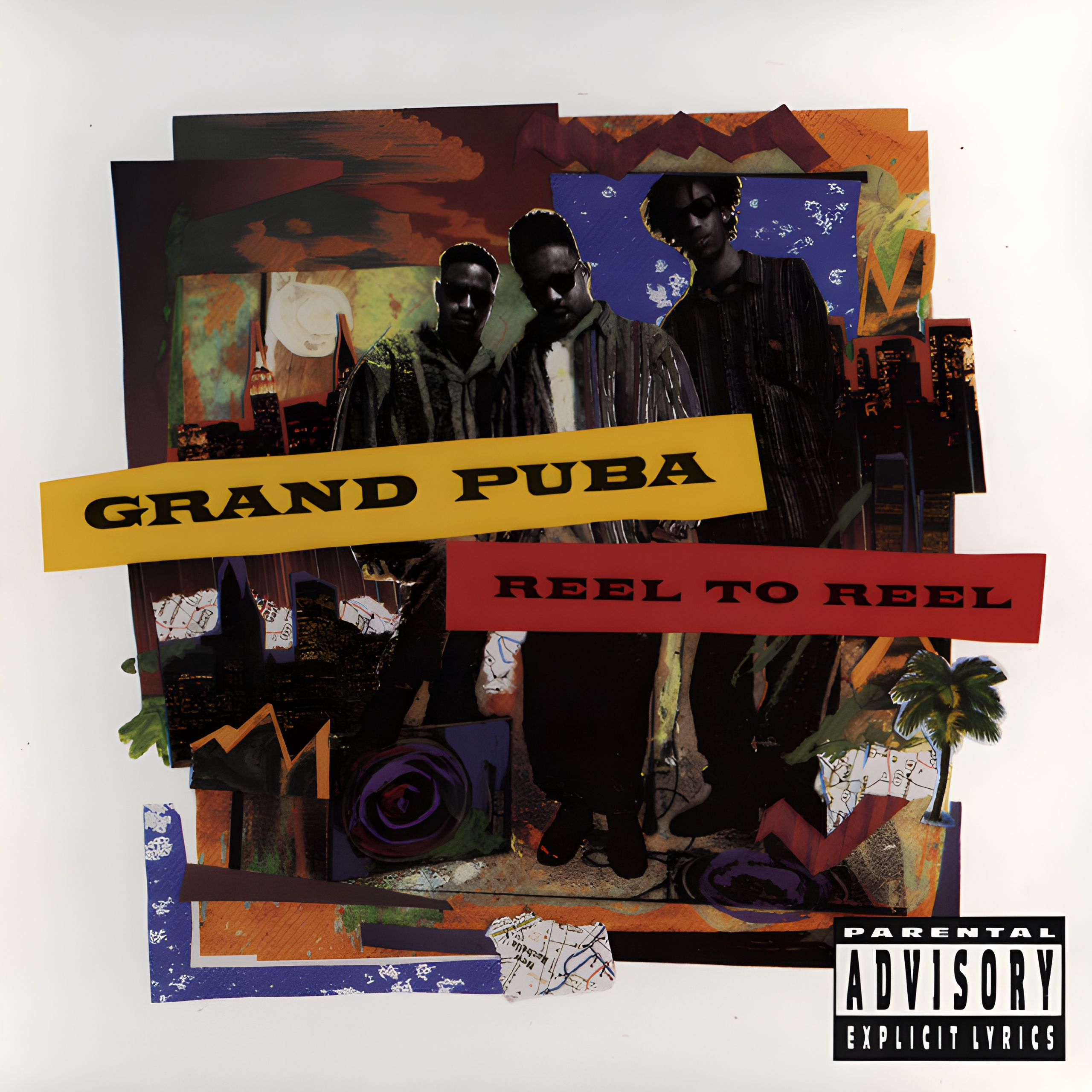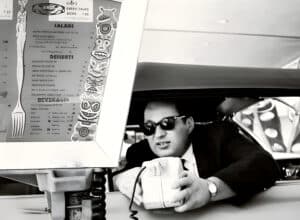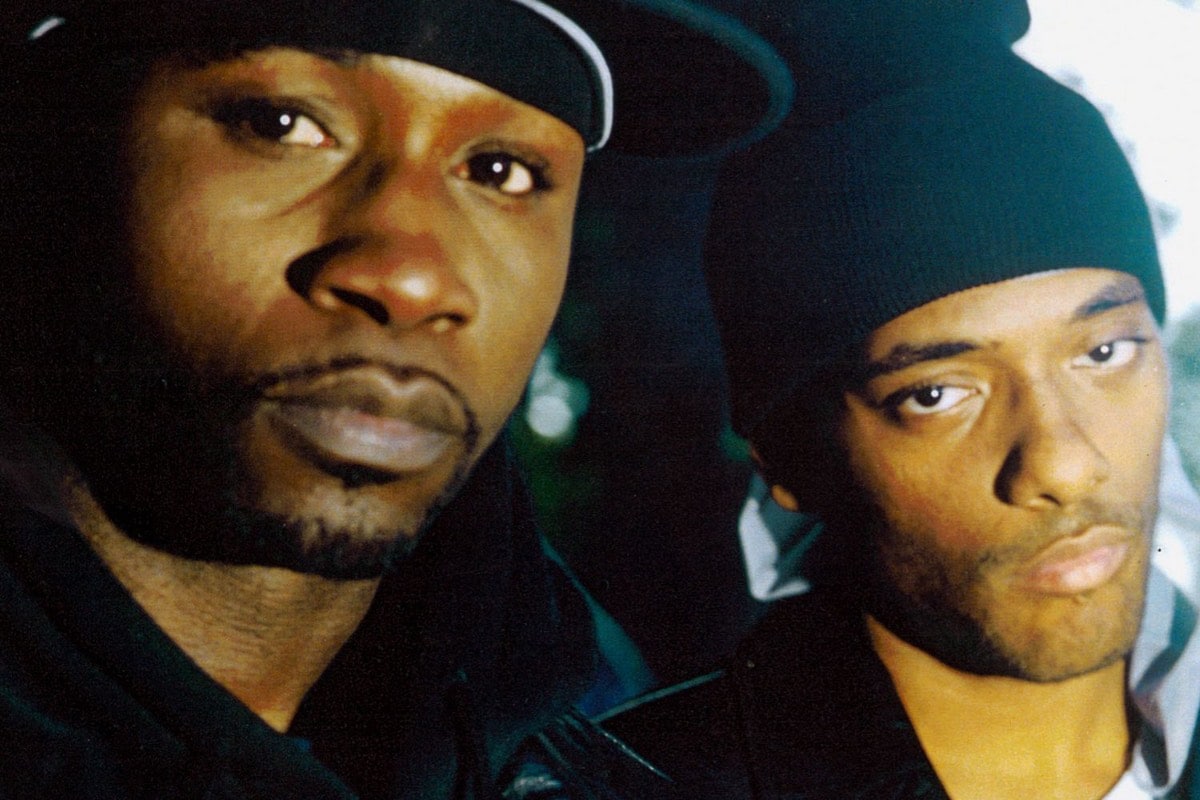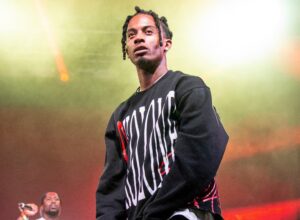Released: 1992
Grand Puba’s song “Soul Controller” offers a deeply introspective look into systemic oppression and the historical challenges faced by the Black community in America. The song emphasizes themes of self-knowledge, racial identity, and criticism of social and economic structures. Puba blends these themes with the concepts and teachings from the Five Percent Nation, reflecting a powerful narrative on reclaiming one’s identity and breaking free from mental and societal chains.
The opening of the song pays homage to the Five Percent Nation by addressing the “Gods and Earths” – terms used within the movement to denote men and women respectively, who seek enlightenment. It establishes a framework of unity among the Black community, presenting them as the “original man.” The peace offering is a gesture to connect and align with a larger collective that acknowledges the historical and cultural heritage of African descendants.
Throughout the verses, Grand Puba critiques economic structures where he identifies the “devil” as the personification of systemic control – referencing white-dominated institutions that dictate labor and financial stability for Black people. This critique positions the idea that although physical chains of slavery have been removed, economic and social forms of oppression remain.

The lines addressing the withholding and distribution of wealth underline an ongoing battle against inequality. The analogy of being slaves “in the land of free and the home of the brave” strikes a chord about the paradox of freedom in America, which professes liberty while systematically disenfranchising minorities.
Grand Puba transitions into addressing misconceptions within the community. By calling out “weak wisdom knowledge,” he challenges false narratives that fail to address the root issues of systemic oppression, especially those proliferated within music and culture that avoid hard truths in favor of comfort and compliance.
He then shares a poignant anecdote involving historical violence – a mention of his “great great Grand,” evoking the collective memory of lynching. This personal tie highlights the long-lasting impact of racial violence, pushing back against claims that these are “in the past,” which is criticized with a vehement rejection.
As the “soul controller,” Puba encourages listeners to “wake up” to the systemic injustices around them, urging awareness in the wake of high-profile cases like Rodney King, a symbol of racial injustice and police brutality in America. His mention of the incident serves as a reminder of continued discrimination within the justice system.
Critically examining institutions like the church, he challenges their prevalence in impoverished neighborhoods, comparing them to liquor stores as entities that potentially pacify rather than empower. The allusion to the “ten percent” refers to the Five Percenters’ belief that ten percent of the world keeps eighty-five percent ignorant and exploited, highlighting systemic manipulation.
In challenging commercialized celebrations like Easter and Christmas, Puba confronts the capitalist and Eurocentric narratives that permeate Black culture. He sees these holidays as distractions that drain financial resources from those who can least afford it, while also diverting attention from spiritual and community self-awareness.
Ultimately, “Soul Controller” concludes with a reflection on the Twelve Jewels of the Nation of Gods and Earths: knowledge, wisdom, understanding, freedom, justice, equality, food, clothing, shelter, love, peace, and happiness. By ending on these ideals, Grand Puba reaffirms a call to empowerment and enlightenment, driving the message that true freedom is rooted in knowledge and self-awareness.








